Georgian literature: Augustan writing (once alluded to misleadingly as Georgian writing) is a style of British writing delivered amid the rules of Queen Anne, King George I, and George II in the main portion of the eighteenth century and closure in the 1740s.
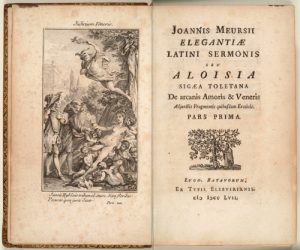
It was an artistic age that highlighted the quick improvement of the novel, a blast in parody, the transformation of the show from political parody into acting and an advancement toward verse of individual investigation.
In theory, it was an age progressively overwhelmed by experimentation. Whereas in the works of political economy, it denoted the advancement of mercantilism as a formal reasoning, the improvement of free enterprise and the triumph of trade.
Georgian Literature
Georgian literature, While the period, is by and large known for its selection of very controlled and stylised literary structures,
A portion of the worries of scholars of this period, with the feelings, people and a reluctant model of initiation, foreshadowed the distractions of the later Romantic time.
Public Opinion
Writing periodicals developed in the vicinity of 1692 and 1712. Periodicals were modest to create, snappy to peruse, and a reasonable method for affecting popular assessment. One periodical beat and overwhelmed all others, in any case, and that was The Spectator, composed by Joseph Addison and Richard Steele.
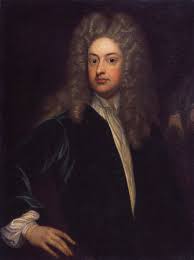
The impartial perspective of the world was basic for the improvement of the English exposition, wherein Addison and Steele could remark and reflect upon behavior and occasions.
Dictionary
The eighteenth century was a period of edification movement happening in every single scholarly field A gathering of London book retailers charged understood writer Samuel Johnson to arrange an arrangement of standards representing the English Language or Georgian literature.
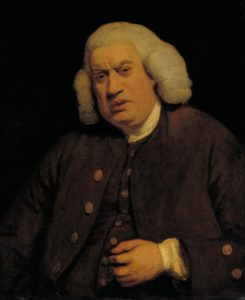
Following nine years and the assistance of six collaborators the principal version of A Dictionary of the English Language was distributed in 1755.
Johnson’s decision of structure and arrangement has absolutely molded future English word references and vocabularies and the part they play in dialect improvement.
Religious Georgian literature
Defoe’s notorious volley in the battle amongst high and low church came as The Shortest Way with the Dissenters; Or, Proposals for the Establishment of the Church.
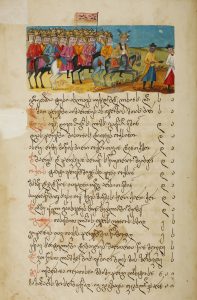
The work is ironical, assaulting the majority of the stresses of Establishment figures over the difficulties of nonconformists. It is, as such, cautious.
Post-1750
Adam Smith is recollected by lay people as the father of free enterprise. His Theory of Moral Sentiments of 1759 additionally endeavored to strike out another ground for moral activity.
His accentuation on “sentiment” was with regards to the period, as he underlined the requirement for “sympathy” between people as the premise of fit activity.
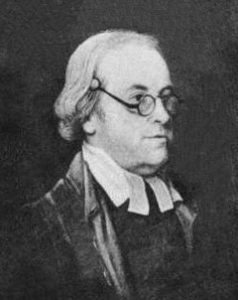
These thoughts and the brain research of David Hartley were powerful on the sentimental novel and even the incipient Methodist movement.
Novel
Daniel Defoe’s Robinson Crusoe (1719) was the first significant novel of the new century and was published in a greater number of editions than some other works besides Gulliver’s Travels (Mullan 252).
Defoe filled in as a journalist.e experienced the memoirs of Alexander Selkirk, who had been stranded in South America on an island for some years. Defoe took aspects of the genuine life and, from that, created an anecdotal life.
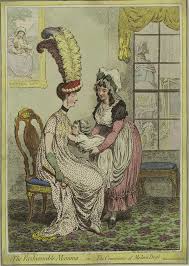
In 1747 through 1748, Samuel Richardson published Clarissa in serial shape. It is a very grievous and influencing record of a young lady whose guardians attempt to compel her into an uncongenial marriage, accordingly pushing her into the arms of a conspiring rake named Lovelace.
At last, Clarissa bites the dust by her own particular will. Ladies were composing books and moving far from the old sentiment plots that had ruled before the Restoration.
There were idealistic books, similar to Sarah Scott’s Millennium Hall (1762), self-portraying ladies’ books like Frances Burney’s works, female adjustments of more established, male themes, for example, Charlotte Lennox’s The Female Quixote (1752) and numerous others.
Satire
Numerous researchers of the period contend that a solitary name overshadows all others in eighteenth-century exposition parody: Jonathan Swift. Quickly composed verse and in addition exposition, and his parodies run over all themes.
Basically, Swift’s parody denoted the advancement of writing spoof far from straightforward parody or burlesque. A burlesque or lampoon in exposition would copy a scorned author and rapidly move to reductio ad absurdum by having the casualty say things coarse or numbskull.

The whole Augustan age’s verse was overwhelmed by Alexander Pope. His lines were rehashed regularly enough to loan many clichés and proverbs to present day English usage.
Pope had a couple of idyllic rivals, yet he had numerous personal enemies and political, philosophical, or religious opponents.
The Beggar’s Opera, which is a satire of Robert Walpole, portrays its characters with compassion: the villains have pathetic songs in their own privilege and are carrying on of exigency rather than boundless abhorrence. Drama and poetry were also an integral part for the common classes.